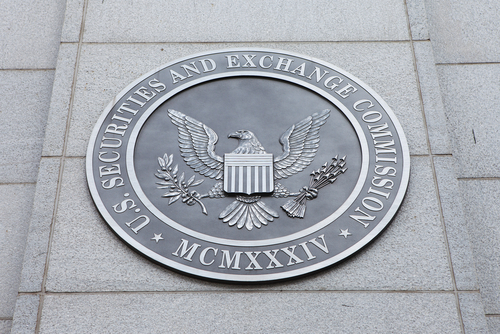Republicans on the U.S. Senate Banking Committee are asking the Securities and Exchange Commission (SEC) chairman to provide more information on its proposed climate disclosure rule.

The lawmakers want to know whether the SEC has evaluated the costs associated with the proposed rule, including energy prices, and whether it has made efforts to minimize the First Amendment concerns associated with the proposed rule. Further, the senators want to know if the SEC coordinated with any other Federal agencies on the policies contained in the proposed climate disclosure rule.
“This sweeping, close to 500-page proposed rule is unnecessary and inappropriate, exceeds the SEC’s mission and expertise, will harm consumers, workers, and the entire U.S. economy at a time when energy prices are skyrocketing, and hijacks the democratic process in determining U.S. climate policy,” the GOP senators wrote to SEC Chair Gary Gensler.
The committee Republicans also asked the SEC to provide records related to the proposed climate disclosure rule, including emails and text messages between the SEC and the White House, U.S. Environmental Protection Agency (EPA), Financial Stability Oversight Council (FSOC), and others.
“Furthermore, the SEC’s sweeping proposed climate disclosure rule will impose enormous costs on the entire U.S. economy if it goes into effect. Coupled with Biden administration policies that have been hostile to traditional energy, the SEC’s proposed rule will discourage capital investment in oil, natural gas, and other energy industries at a time when inflation is at a 40-year high and energy prices are skyrocketing. It will also force significant job losses within one sector of the economy when it is not the proper role of the SEC to be directing capital allocation.”
“Unfortunately, the SEC’s proposed climate disclosure rule is just the latest example of a financial regulator hijacking the democratic process by straying into a contentious public policy issue wholly unrelated to its mission and expertise. Addressing matters like global warming requires political decisions involving tradeoffs. In a democratic society, those tradeoffs must be made by elected representatives, who are accountable to the American people, not unelected financial regulators,” the senators wrote.
In April, Senate Banking Committee Republicans called on Gensler to withdraw the agency’s proposed climate disclosure rule.